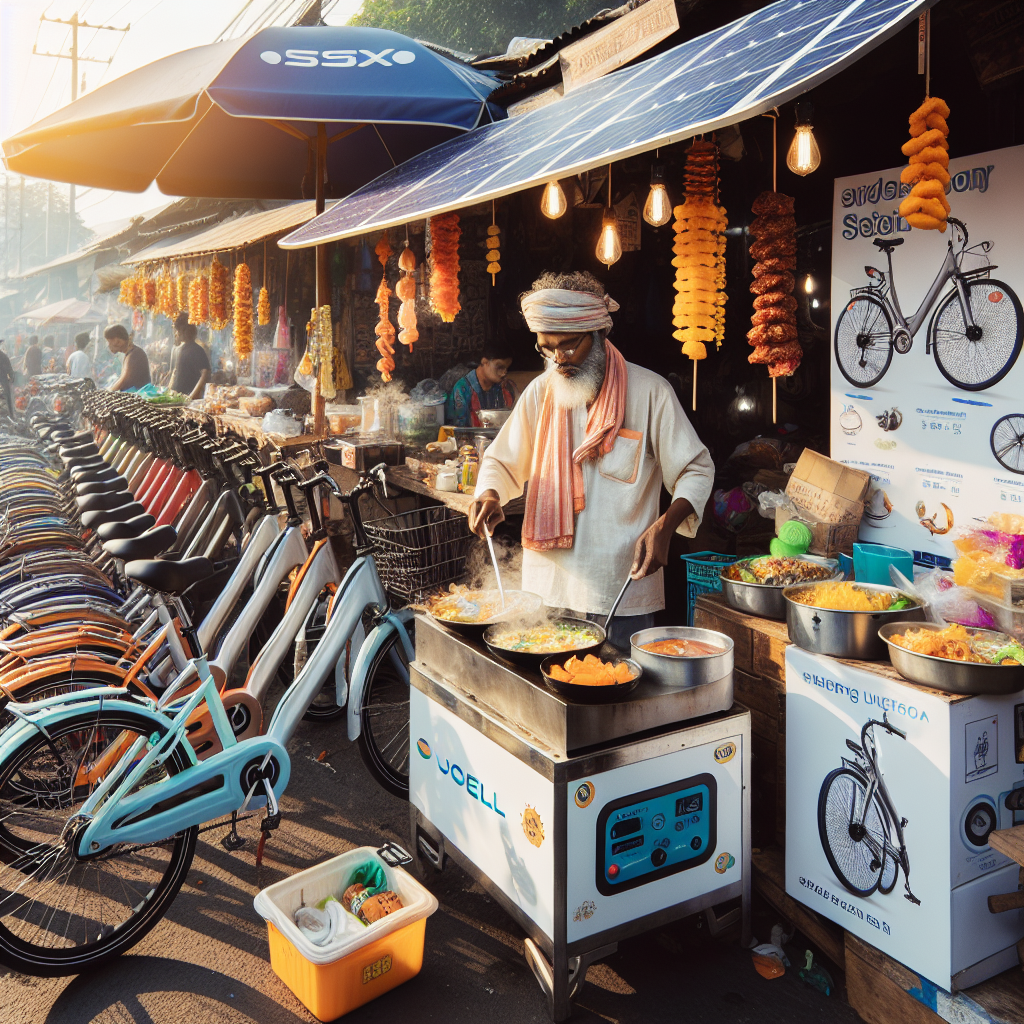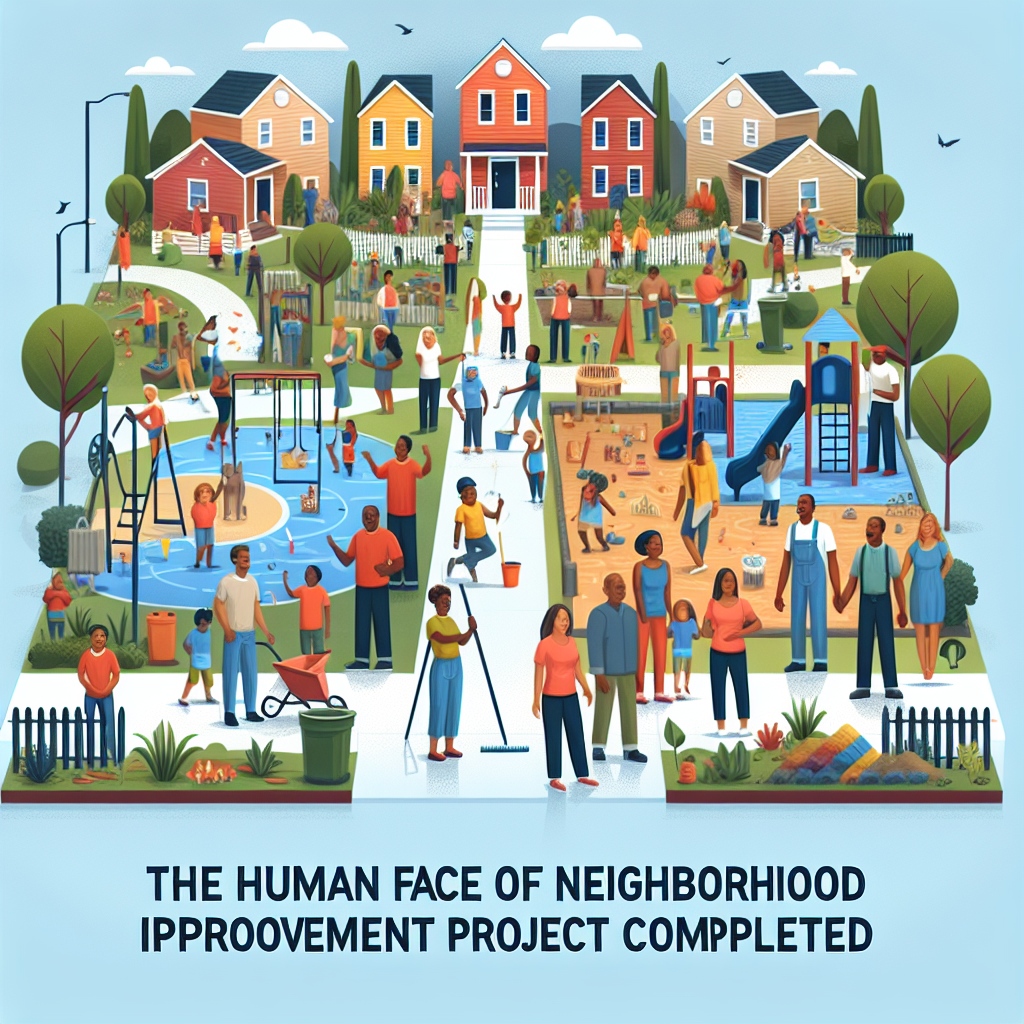In a compelling twist on local development, recent improvements made to our neighborhood’s transport infrastructure have sparked an unexpected revolution – in our food culture. ‘How’, you might wonder? Let’s dive in.
Culinary Tradition
Our city has long been famed for its street food vendors, who were often found working near traffic-filled streets. However, with the completion of this extensive transport project, their lives have been forever changed by new pedestrian areas and bike lanes.
Cultural Roots
The change reflects a deeper cultural shift initiated by these developments – the meticulous blend of traditional vendor marketing techniques with modern technology-led mobility is altering not only taste buds but lifestyles too.

Modern Evolution
This evolution has already begun taking effect – culinary delights are now literally being driven around neighborhoods in state-of-the-art food trucks that utilize GPS technology for delivery and location tracking.
Key IngredientsThe key ingredients driving this transformation include widespread Wi-Fi availability enabling online orders & payments; electric vehicles ensuring melody of movement sans pollution; bicycle parking zones attracting health-conscious consumers – This perfect recipe is creating a synchronized rhythm between gastronomy and sustainable transportation like never before.Preparation MethodsIngenious preparation methods such as portable propane stoves or solar-powered cooking devices attached to their mobile stalls or bicycles enhance efficiency whilst significantly reducing carbon emissions.
Cultural Significance/em>This paradigm shift emphasizes not just the convenience brought about by technological advancements but also signifies the cultural significance tied with our dietary habits and daily commutes.
Contemporary Trends
The emergence of eco-friendly biker cafes and parklets are in fact, set to become the new vogue in urban food culture. These establishments offer a unique combination of convenience, variety, and a dash of flamboyance that beckons patrons to get on their bikes.
Expert PerspectivesProminent city planner Jordan Mitchell remarks ‘This is indeed an interesting blend of tradition with technology – our transportation projects seem to have inadvertently fast-tracked an evolution in culinary culture.’Personal Experiences/big>Sarah Collins, owner-operator at popular local food truck ‘Tasty Rides’ says: ‘I’ve seen my business grow exponentially since these developments took place – I can now reach more customers while reducing overhead costs.’.
Cultural Preservation
Despite the indignation faced initially by traditional vendors about relocation from their regular spots, they soon recognized this as an opportunity for growth and renewal. This adept adaptation has enabled them not only to preserve but also modernize long-standing cultural traditions.
Bridging The GapThis all adds up to one important conclusion – when executed properly, transportation improvements can pave the way towards bridging gaps between modern sustainability goals and embedded cultural practices, nurturing a dynamic symbiosis between both.

